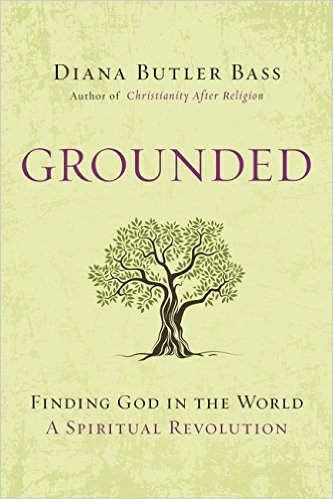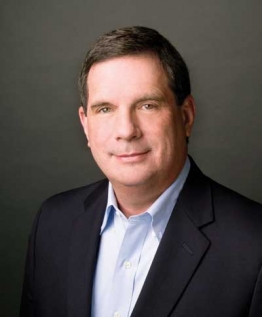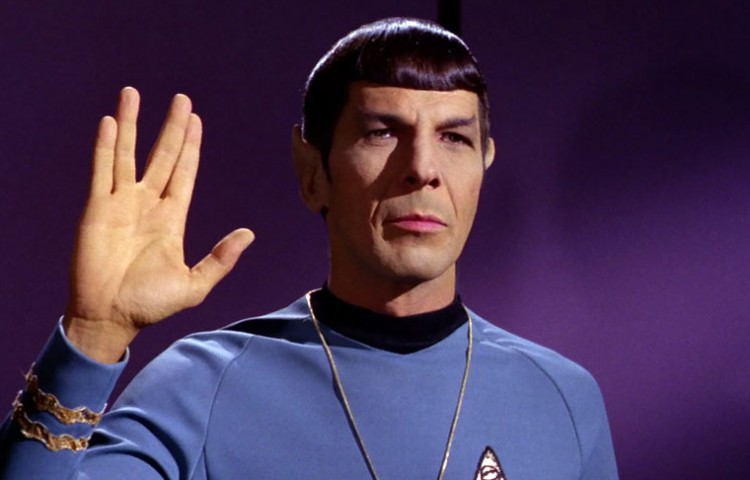I have called this sermon “Sharing in Christ’s Baptism” as a sort of a way to illustrate what is happening in the Scripture passage we heard read this morning. Let’s set the stage here a bit. In the previous passages, we have Jesus coming to the Jordan River to be baptized by John, who also happens to be Jesus’ cousin. John was a few months older than John and no doubt they knew each other and perhaps even hung out together. Although they were on different paths and even from different classes, John’s father was a priest while Jesus’ father was a carpenter.
In today’s passage, the story picks up as Jesus is walking and he is spotted by John. Now John was standing with several of his disciples, and he tells then that Jesus is, in fact, the Messiah they have long been waiting for. This is an interesting bit here, John says, in verse 31 “I myself did not know him.” How can this be? Jesus is John’s cousin, after all, how could he not know him? Well, he knew him of course, but he did not know what he was. Until John saw the Holy Spirit, in the form of a dove, descend upon him, it had not been revealed to John what his cousin was, the Messiah, and the Son of God.
So what is baptism? In the Statement of Faith, we read each Communion Sunday we read that “He (God) calls us into His Church… to share in Christ’s baptism and eat at his table.” So baptism is a way of calling us into the church. Our church recognizes two Sacraments, Baptism and the Lord’s Supper. These actions are outward and visible signs of the Grace of God in our lives. Through baptism, the person is joined with the universal Church, the Body of Christ. Through Baptism God works in us the power of forgiveness and the renewal of the Spirit. So we become a new creation, not in the physical sense but the spiritual sense. This new life is the life of discipleship with Christ.
So Baptism then marks us as members of the Body of Christ, it is the first step in discipleship in the Church. At the service of baptism, our parents promised to instruct us in the word of God and by their example to teach us the principles of the Christian religion, to pray with us, and to rear us up in the fellowship of the Church. But the community present also makes some promises. “Do you, the members of this church as of the whole Church of Christ, receive this child into your love and care, and do you promise that so far as in you lies you will uphold and encourage the parents in the fulfillment of their covenant?” To which we all answer “We Do.” We agree to assist them and support them.
Baptism calls us to discipleship; we become new people, set aside for the work of God in our lives. When Jesus was baptized by John, it was the beginning of his public ministry. In a sense, it was the public acknowledgment of what Jesus had come to do, and it was the public acknowledgment that he was ready to begin his ministry. In baptism, we die to our former selves, and we rise to be new creations willing to do the work of God in the world. But there is a cost to being a disciple.
In 1937 Germany had become a very secular state. People had stopped going to church, and there was a growing amount of anger amongst the populace and between the classes. There was an increasing feeling that Germany had been treated poorly at the end of the First World War and she was coming of age again. Hitler and his party were on the rise, and things were about to change, drastically in Germany. Into this period came a Lutheran Pastor named Dietrich Bonhoeffer who wrote this little book called the Cost of Discipleship. Bonhoeffer was hoping to spark a revolution, not a political revolution but a spiritual revolution. Bonhoeffer could see the direction his beloved Germany was heading, and he was hoping to change the course. Bonhoeffer was calling people back to the spiritual life, not necessarily Church life, but the spiritual life.
Bonhoeffer believed, as did I, that there is a cost to being a follower or a disciple of Christ. I don’t just mean that we have to give up an hour or so on Sunday and come to Church; there is a cost to our very lives if we are going to be authentic followers of Jesus Christ. Again I turn to our Statement of Faith, turn to the back page of the hymnal with me; it is the sixth statement:
“He (meaning God) call us into his Church to accept the cost and joy of discipleship, to be his servants in the service of men (this means love your neighbor), to proclaim the gospel to all the world (this is done by how we live our lives outside of the Church, and how we live it inside the Church) and resist the powers of evil, to share in Christ’s baptism and eat at his table, to join him in his passion and victory.”
It is right there is the second line, “to accept the COST and joy of discipleship.”
For Bonhoeffer, this being called to true discipleship would cost him his life, not so much for what he was preaching, but his preaching led him to action to resist what he saw as evil, Adolph Hitler, and was part of a group that was plotting to assassinate Hitler. Bonhoeffer felt so strong that the only way to resist evil was to chop off the head of evil after all other options had failed them, and that would render evil harmless. For this, he gave his life. That was the cost of grace for Bonhoeffer, but that may not be the cost of grace for us.
But the other side of this was what Bonhoeffer called Cheap Grace. He defined Cheap Grace this way:
“Cheap grace is the preaching of forgiveness without requiring repentance, baptism without church discipline, Communion without confession, absolution without personal confession. Cheap grace is grace without discipleship, grace without the cross, grace without Jesus Christ, living and incarnate.”
Cheap Grace requires nothing! No confession, no cross, no discipleship. Cheap Grace means we can say we belong to the Church, we come to Church, we pay it lip service, but it costs us nothing. We take no chances, we stand for nothing, we support nothing, and we do not live out the Great Commission to preach the Gospel and to make disciples. Cheap Grace is just that Cheap.
Costly Grace means we have to confront evil wherever that may be. Costly Grace means we have to take a stand, even when that means we stand alone. Costly Grace means we care more about what is outside the Church building than what is inside. Costly Grace means we see Church not just as a building but as the People of God. Costly Grace means we have to love those who are unlovable. Costly Grace means we have to die to our will and take on the will of God; this is what Jesus did that day in the Jordan River he died to his human will and he be said yes to God’s call. He received the grace of God, and that grace cost him his life spiritually but also physically.
In his book “Confessing our Faith, Roger Shinn writes about the Statement of Faith. Shinn was one of the authors of the original Statement of Faith adopted in 1959. In the chapter that deals with this section of the Statement he writes the following:
“It was a costly mission. Jesus lured nobody with promises of prestige or affluent living. At least once he rebuffed an enthusiast who thought he wanted to follow Jesus but did not realize what a radical venture he was about to walk into. Discipleship meant discipline, commitment, and danger. According to tradition, the first twelve disciples (excepting Judas Iscariot) became martyrs for Christ.”
There is a cost to becoming authentic followers of Jesus Christ. If our faith costs us nothing, then it is not genuine, and we are just paying it lip service. As followers of Jesus Christ, we have to be willing to die to our will. We have to admit that maybe the way we have been doing things is the wrong way. We have to be willing to trust that God knows what is best for our lives. We have to be willing to stop judging others and start loving them. We have to be willing to speak for those on the margins and maybe sacrifice all that we have for them, not only a church community but personally. We have to be willing as a church community but also as individuals to speak the truth to power and stand up for what is right not just for what is popular. We have to be willing to lay it all on the line and expect nothing in return.
I recently watch the movie “Entertaining Angels.” The movie is a depiction of the life of Dorothy Day who found, along with many others, the Catholic Worker Movement in New York City during the time of the Great Depression. Her ministry fed, clothed, and housed people at a time in our history when all hope had been lost, and she did this in the face of adversity. Her life was threatened, she faced massive fines by the government, and her own Church told her she had to shut down operations or take the word “Catholic” out of their name because she was helping those who needed help. She refused and kept on going. She landed in jail a few times, but she kept on serving those who needed to be served to sacrifice her will to that of God. She lived the Gospel every day.
Tomorrow our nation will pause to remember another servant who gave his life for what he believed in. Dr. Martin Luther King. King gave us an example of speaking truth to power and his constant message of love and equality would eventually cause a change in the very fabric of our nation. It was not easy, and it still is not easy, but Dr. King sacrificed his life, as did many others, to make life better for someone else.
We are not all called to be Dorothy Day, and we are not all called to be Dr. King, but we are all called to sacrifice our lives for something greater than ourselves. Being followers of Jesus is costly, but it is also joyous. He is calling each of today as he called those first followers. He is calling us to follow him, and he will show us the way.





